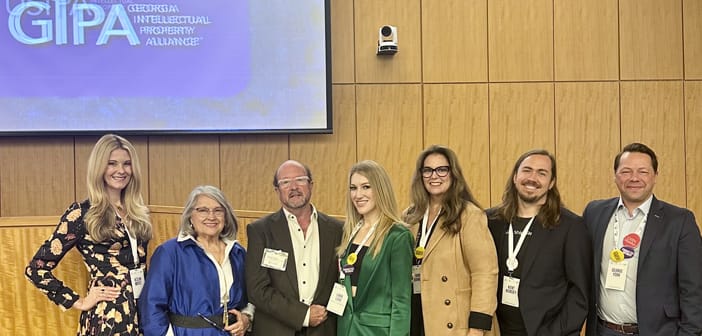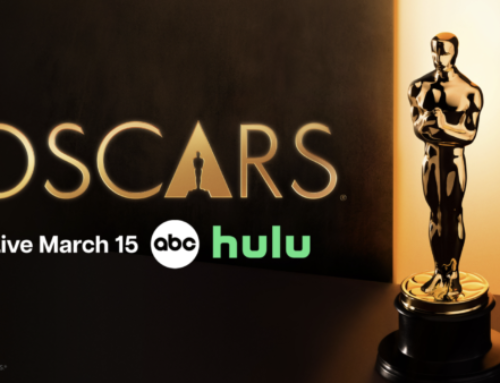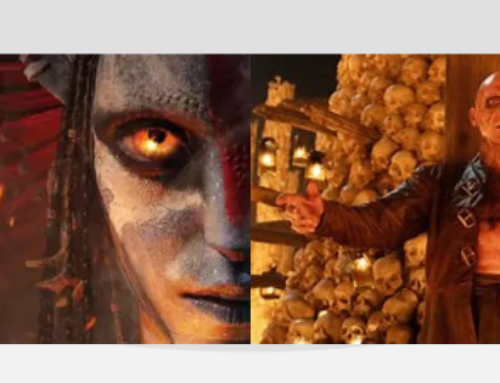Commentary by Jezlan Moyet, President of Georgia Entertainment
This week, I had the honor of moderating a powerful conversation on intellectual property (IP) in entertainment, arts, and sports at the United States Intellectual Property Alliance (USIPA) Conference. Beyond a traditional panel discussion, this was a dialogue about the soul of creativity and the systems that protect it.
I’ve spent my career where creativity meets business in television, production, and now advocacy and I’ve learned that the only defense I ever truly mastered was heartfelt hope. Hope, belief, and passion are what drive creators to bring something new into the world. But as technology evolves, protecting that spark has become both more complex and more critical than ever.
At Georgia Entertainment, our mission is to champion and protect Georgia’s creative industries : film, fashion, music, gaming, sports and more as our state continues to expand its global presence. This conversation was a reminder that intellectual property is more than legalize. IP a lifeline for artists, entrepreneurs, and innovators building the creative economy of tomorrow.
Our panel brought together an extraordinary group of thought leaders: Kent Keirsey of Invoke, who helped secure a landmark ruling for AI-assisted artwork; Honnie Korngold, an acclaimed producer navigating IP complexities from script to screen; Lana Love, a singer-songwriter and passionate advocate for creator rights; and George York, who offered an invaluable global perspective on copyright and cross-border policy.
Each brought a different lens to the question that looms large in every creative industry today: What does authorship mean in the age of artificial intelligence?
Kent’s case, a piece titled A Single Piece of American Cheese, sparked debate across the country. His experience revealed how nuanced the human element is in AI-generated art, and how the legal system is still catching up to creativity. Lana shared personal stories of ownership and advocacy, reminding us that awareness is empowerment. Honnie shed light on the day-to-day realities of IP in production, from optioning rights to navigating “based on true events” legalities. And George expanded the conversation globally, highlighting how international frameworks often inform, and sometimes outpace, U.S. standards.
We also discussed the next generation, Gen Z and Gen Alpha, whose creativity moves at the speed of a swipe. They are making art, music, and media daily, often without realizing they’re creating intellectual property worth protecting. That’s why education and mentorship are vital. As one panelist noted, “Creators can’t protect what they don’t know they own.”
By the end of the session, one truth resonated clearly: copyright and IP law are not barriers to creativity, they are enablers. They ensure that innovation, storytelling, and opportunity can continue to thrive.
Georgia stands at the center of this global conversation, and I’m proud that we are helping lead it by connecting creators, policymakers, and industry leaders in shaping what comes next. Because to protect creativity is to protect our shared future.





